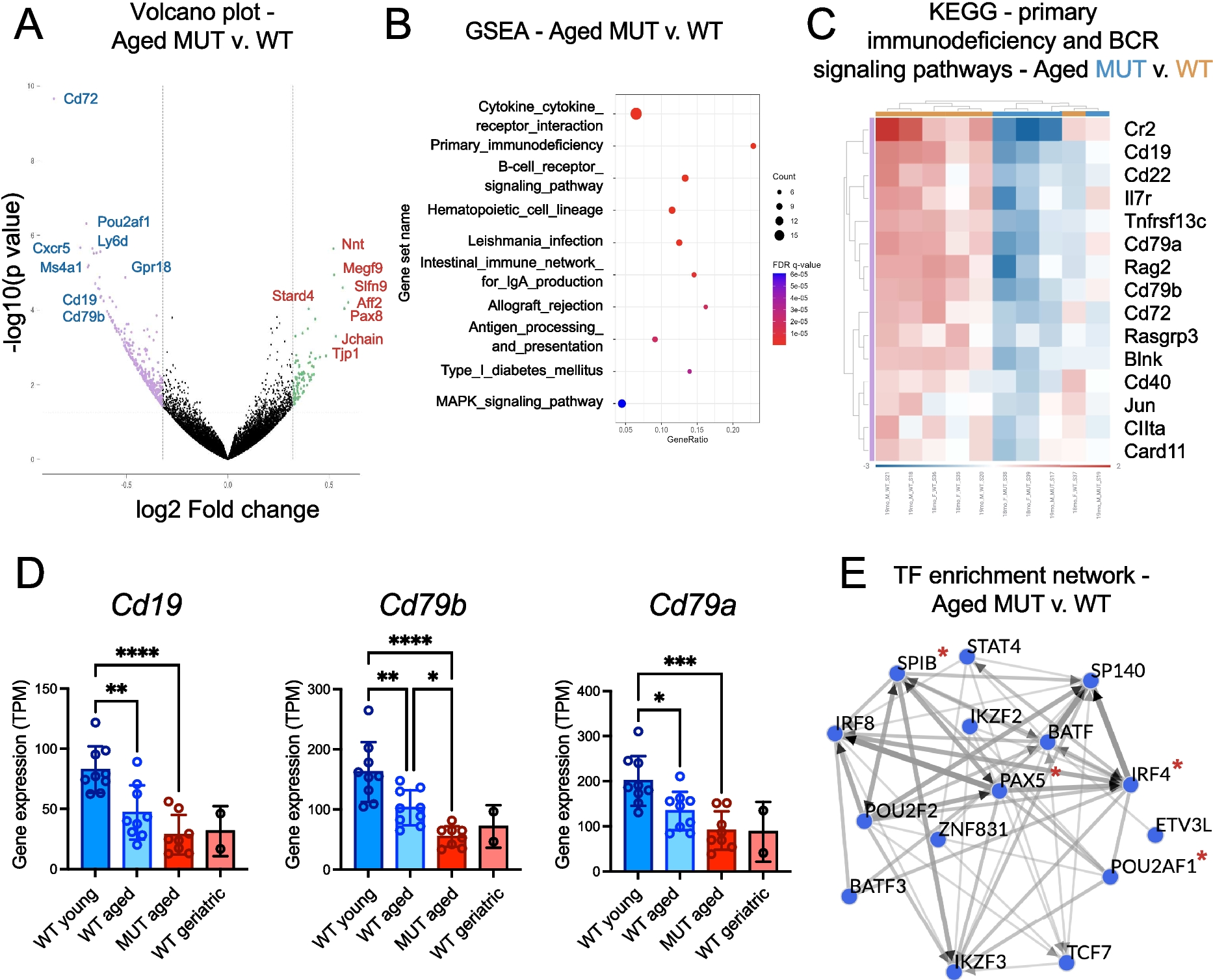2025-04-17 マックス・プランク研究所
<関連情報>
- https://www.mpg.de/24573731/life-expectancy-in-older-age
- https://journals.sagepub.com/doi/10.1177/09567976241311923
言語流暢性は老年期および超高齢期の生存を選択的に予測する Verbal Fluency Selectively Predicts Survival in Old and Very Old Age
Paolo Ghisletta, Stephen Aichele, […], and Ulman Lindenberger
Psychological Science Published:February 24, 2025
DOI:https://doi.org/10.1177/09567976241311923

Abstract
Intelligence is known to predict survival, but it remains unclear whether cognitive abilities differ in their relationship to survival in old age. We analyzed longitudinal data of 516 healthy adults (age: M = 84.92 years, SD = 8.66 years at Wave 1) from the Berlin Aging Study (Germany) on nine tasks of perceptual speed, episodic memory, verbal fluency, and verbal knowledge, and a general composite intelligence score. There were eight waves, with up to 18 years of follow-up; all participants were deceased by the time of analysis. We used a joint multivariate longitudinal survival model to estimate the unique contribution of each cognitive ability in terms of true (i.e., error-free) current value and current rate of change when predicting survival. Additional survival covariates included age at first occasion, sex, sociobiographical status, and suspected dementia. Only the two verbal-fluency measures were uniquely predictive of mortality risk. Thus, verbal fluency showed more salient associations with mortality risk than did measures of perceptual speed, episodic memory, and verbal knowledge.

